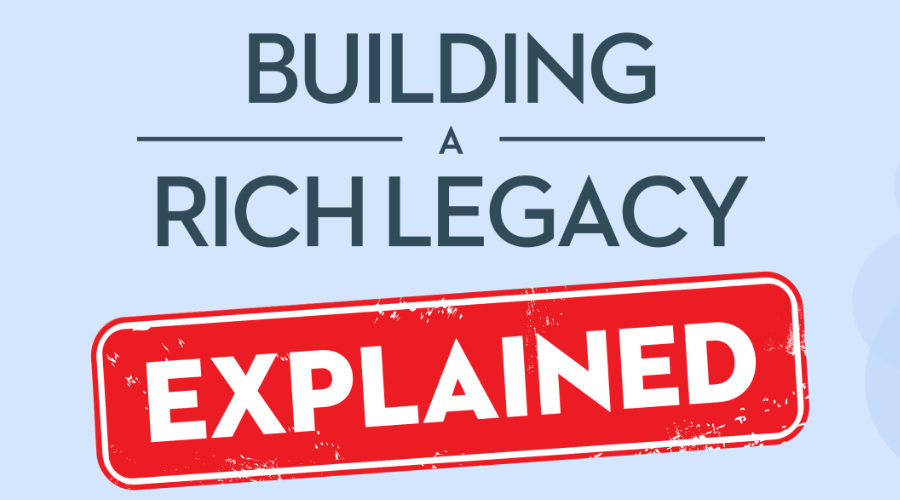As you may have seen, we are running a four-part series looking at the different phases of retirement. This series begins by taking a look at ways to wind down from work and gear up for retirement, before exploring the transition to retired life and how to find a new routine and enjoy retirement your way.
In this second part, we explore how to make the switch from working to retirement. If you missed part one on gearing up for retirement, you can read it here.
Stage 2: Making the transition to retired life
The leap from fully employed to fully retired is a big one. For many people, it’s a time of excitement at the prospect of complete freedom, but others can feel anxious about this new, unknown life. You’ll suddenly lose the routine you had become accustomed to for so many years and the sense of purpose that came with it. When you combine that with also losing the work-based social life you used to have, the transition to retirement can be quite scary. The good news is, with some preparation, you can make the shift into retirement a smooth one.
Work on being sociable
Losing your office-based social life can be difficult. All of a sudden, you need to make more of an effort to remain social, especially if you are living alone. Nevertheless, it is really vital that you maintain and build a network of friends whom you see regularly. Being with others is the best way to stay healthy and happy in your retirement years. It prevents feelings of isolation and can also help to fend off dementia. A great way to remain sociable is to join retiree groups in your community and meet up with people in the same phase of life as you. Tip: Just do an internet search for “retiree social groups” + “your community name”.
Family is important – but not everything
It’s important to ensure your social circle is more than just your spouse or partner. Having spent decades seeing each other for only a few hours a day, suddenly spending every single hour together can put a huge strain on your relationship.
Retirement offers the ideal opportunity for you to take up a hobby that you never had the time for during your working life. You could choose one that you can enjoy with your partner, or that you can pursue alone. There are interest groups that cater to a host of hobbies, like gardening, sports, the arts, dancing and acting. It can often be easier to make new friends at these groups, given your shared interests. Try to socialize regularly, even if it’s just an hour a day at a local coffee shop.
Take time to care for your mental health
It may seem strange that your retirement years, your chance to finally focus on yourself, could be an anxious time. However, depression affects up to 15% of Canadian retirees. Thankfully there are some steps that can help prevent this. Adopting a good sleep routine is vital. As we age, our sleep can become more fragmented, which in turn can lead to mental health issues. Try to fall asleep and wake up at the same times every day and try cutting back on caffeine. Reducing your alcohol intake and taking up meditation, yoga and exercise can all improve your mood.
Start up a regular exercise program you can stick to
Apart from maintaining good mental health, exercise has many other benefits. It can be the difference between a full and enjoyable retirement and a frustrating one. Exercise builds up your strength and balance, which helps you stay independent for longer. You’ll have more energy to play with your grandkids. And exercise is proven to prevent diseases like stroke, diabetes and heart disease. It also improves bone density and reduces the risk of osteoporosis and therefore fractures. Plus, it can reduce your chances of developing dementia.
Allow yourself time to adjust
It helps if you accept that it will take time to adapt to your new, retired life. Give yourself time to find a new routine, new interests to fill your day and a new sense of purpose. You could also consider dipping your toes into retirement. Look into the possibility of reducing your current job’s hours to a part-time position or try taking a sabbatical. This will make the transition less abrupt and could also help you decide if now is indeed the time to fully retire.
Transitioning into retirement your way
Most importantly, remember that this is your time. While many people feel anxious when approaching retirement, once they get into a routine, they often find that this is the best time of their life. If you’re worried that finances might prevent you from enjoying the retirement you want, the CHIP Reverse Mortgage® could be the ideal solution. It helps to boost your retirement income without you ever having to make regular payments.
For more information on the CHIP Reverse Mortgage and how it could help ease your transition into retirement, call us at 1-866-522-2447.
Stay tuned for the next article on the four stages of retirement, which focuses on finding your retirement routine. We’ll look at ways to become the person you’ve always wanted to be.































